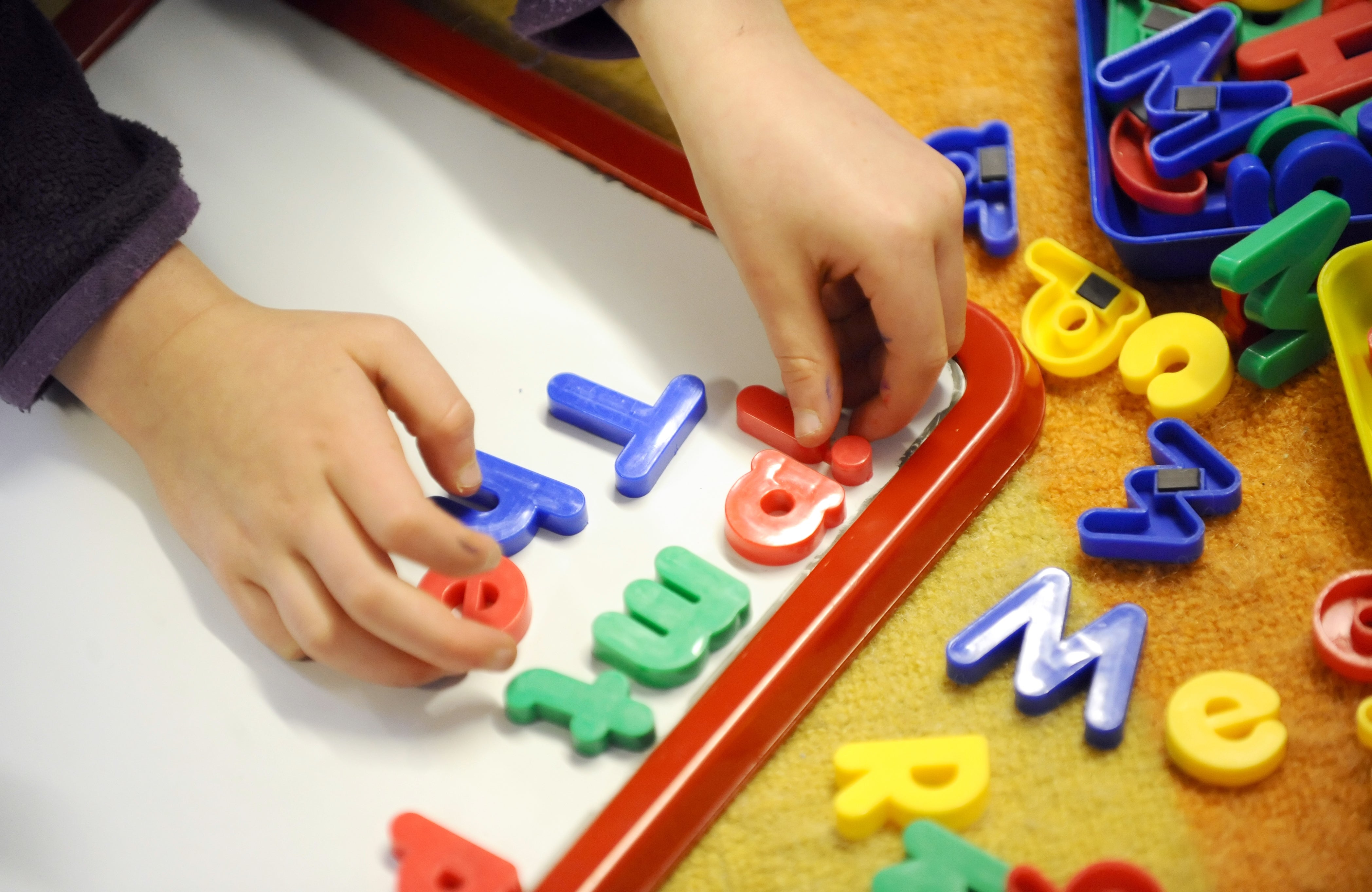Thousands of babies to join study of early childhood
New study will follow children of the 2020s to explore the impact of the pandemic.

Your support helps us to tell the story
From reproductive rights to climate change to Big Tech, The Independent is on the ground when the story is developing. Whether it's investigating the financials of Elon Musk's pro-Trump PAC or producing our latest documentary, 'The A Word', which shines a light on the American women fighting for reproductive rights, we know how important it is to parse out the facts from the messaging.
At such a critical moment in US history, we need reporters on the ground. Your donation allows us to keep sending journalists to speak to both sides of the story.
The Independent is trusted by Americans across the entire political spectrum. And unlike many other quality news outlets, we choose not to lock Americans out of our reporting and analysis with paywalls. We believe quality journalism should be available to everyone, paid for by those who can afford it.
Your support makes all the difference.Thousands of babies are set to join a study of early childhood as part of research into children of the 2020s.
The study, commissioned by the Department for Education and led by researchers from University College London, will follow children for the first five years of their lives at least.
It hopes to inform decisions about early years and childcare services, exploring how both the pandemic and the cost-of-living crisis has impacted the children, the study’s researchers say.
The research, which is the first birth cohort study to be launched since the millennium, will be conducted in partnership with Ipsos, the universities of Oxford and Cambridge, and Birkbeck, University of London.
Research director Professor Pasco Fearon said he was “extremely excited” to start meeting families and their children, who are currently nine months’ old.
“More than 75 years ago, the first British birth cohort study, which is housed at UCL, was launched to track the lives of babies born just after the war.
“And now, Children Of The 2020s will provide vital evidence about the early years as families navigate their way out of the Covid-19 pandemic and through the cost-of-living crisis.”
Speaking to BBC Radio 4’s Today programme, he said the study was hoping to include 8,500 babies, exploring changes both positive and negative over the past 20 years.
“So much has changed since the millennium, hasn’t it… things like we’ve lived through a pandemic, we’ve seen the financial crisis, we’ve seen huge changes in the structure of society and in the workforce, different patterns of parental leave and so forth,” Prof Fearon said.
These are children growing up in a sense in the shadow of the pandemic, and we don’t know what some of the impacts of that will be and that will be one thing we really want to understand well
“So family life has changed drastically – we know that these are things that can also influence how children develop, both positively and negatively, so the question is how is it playing out now.
“These are children growing up in a sense in the shadow of the pandemic, and we don’t know what some of the impacts of that will be and that will be one thing we really want to understand well. We’re looking at the cost-of-living crisis which could have quite a major impact on families too.”
He added that there were many positive changes to be explored too, such as fathers being more involved in childrearing than they were 20 years ago, more diverse forms of family, and a digital explosion “where the parents are digital natives, let alone the children themselves”.
Parents will be asked about their child’s development, their neighbourhood, their family, their mental health and the home learning environment.
They will also be asked about childcare arrangements for their children and preschool education.
Between the surveys, they will be invited to use a smartphone app to log their baby’s language and development, as well as receiving news and tips from the team of experts.
Prof Fearon added: “Our first five years are a crucial developmental period in our lives, every new experience can play a pivotal role in how we fare later on.
“This new study will investigate how children develop and the circumstances and early years services that can make a difference.
“By understanding how these factors impact their development, we can learn how to support them, so they are able to make the best start at school and flourish as they are growing up.”
Children and Families Minister, Will Quince, said: “This is an important study that will provide an insight into the crucial early years of a child’s life and a wealth of evidence about their development and educational outcomes.
“We know the pandemic has created unique challenges for families and I’d like to thank the thousands who will be participating in this study over the next five years.
“We are committed to supporting families, including through a multi-million-pound package to transform services, which will create family hubs in half of all local authorities and provide important advice to parents and carers through the Start-for-Life offer.”
Speaking ahead of a visit to UCL last year focusing on the study, the Duchess of Cambridge said: “Our early childhoods shape our adult lives and knowing more about what impacts this critical time is fundamental to understanding what we as a society can do to improve our future health and happiness.
“The landmark Children Of The 2020s study will illustrate the importance of the first five years and provide insights into the most critical aspects of early childhood, as well as the factors which support or hinder positive lifelong outcomes.”